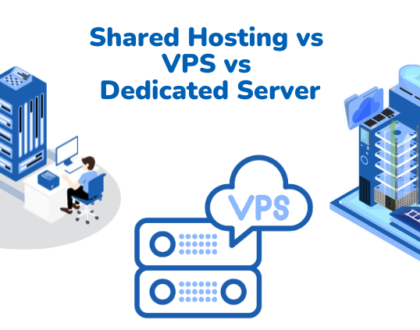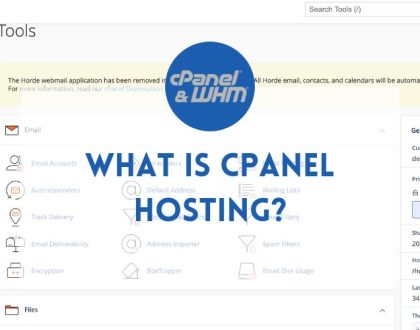Everything You Need to Know About VPS Servers

Are you exploring options for hosting your website or online project? Virtual Private Servers, or VPS servers, could be the perfect solution to meet your hosting needs. In this comprehensive guide, we’ll walk you through everything you need to know about VPS servers and how they can benefit your online presence.
What Is a VPS Server?
A Virtual Private Server (VPS) is a type of hosting solution that sits between shared hosting and dedicated servers. It offers the best of both worlds by providing you with a dedicated portion of a physical server while still sharing the overall server infrastructure with other users. Think of it as having your private space within a larger apartment building.
Key Benefits of VPS Servers:
- Enhanced Performance: With dedicated resources, VPS servers deliver faster loading times and improved website performance.
- Scalability: VPS hosting allows you to easily scale your resources up or down based on your needs, making it ideal for growing websites.
- Isolation: Unlike shared hosting, VPS hosting ensures that your website’s performance is not affected by other users sharing the same server.
- Customization: You have more control over server configurations, software installations, and security measures.
How VPS Servers Work:
VPS servers work by virtualization, where a single physical server is divided into multiple virtual servers using virtualization technology like VMware or KVM. Each VPS operates independently with its operating system, allowing users to have root access and install custom software.
Use Cases for VPS Servers:
- Hosting Multiple Websites: VPS is an excellent choice if you have multiple websites or want to host websites for clients.
- E-commerce Sites: VPS hosting provides the performance and security needed for online stores.
- Development and Testing: Developers often use VPS for testing and development environments.
- Resource-Intensive Applications: VPS is suitable for applications that require more resources than shared hosting can provide.
How to Choose the Right VPS Hosting Provider:
- Resource Requirements: Determine your website’s resource needs, including CPU, RAM, and storage.
- Reliability: Research the hosting provider’s uptime guarantee and customer reviews.
- Support: Ensure the hosting provider offers 24/7 customer support.
- Scalability: Choose a provider that allows easy scalability as your website grows.
Conclusion:
VPS servers offer a flexible and powerful hosting solution for websites and applications of all sizes. By understanding how VPS servers work and selecting the right hosting provider, you can enjoy the benefits of enhanced performance, reliability, and customization for your online projects.
Ready to explore VPS hosting? View our plans & pricing here to find the perfect VPS solution for your needs.
Recommended Posts

Shared Hosting vs VPS, and Dedicated Servers – guide to Understanding the Differences
September 18, 2024

What is Reseller Hosting?
September 1, 2024

What Is cPanel Hosting and How It Can Benefit You?
September 22, 2023





